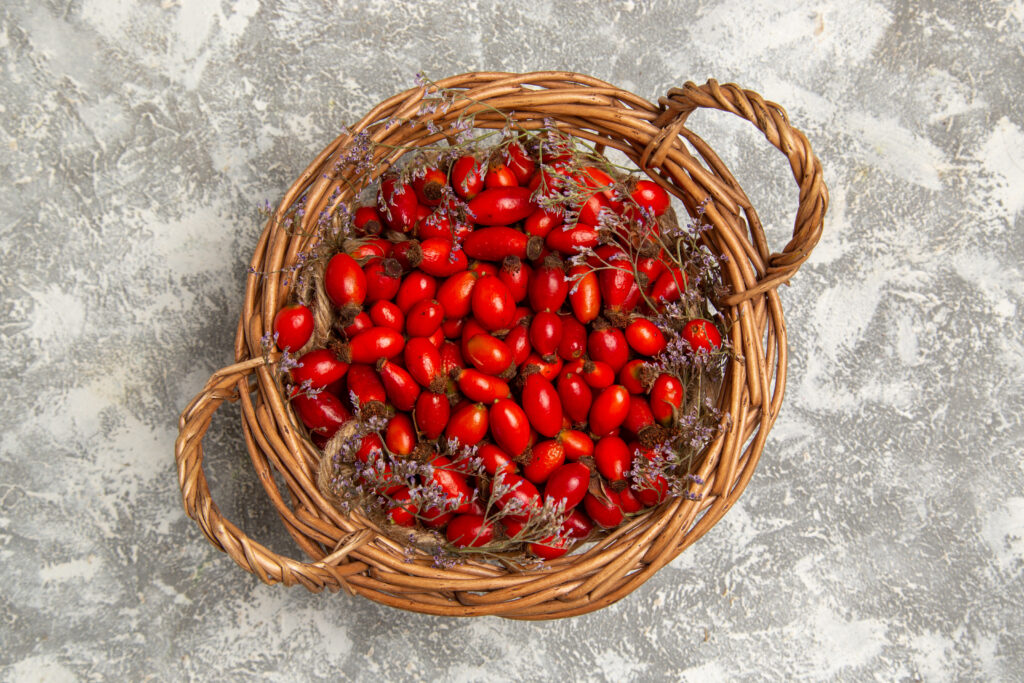Rose Hip


Rosehip is a shrub that was introduced in Chile.
However, nowadays it is considered that this species has become wild and grows in the forests of Patagonia in totally pristine environments, which ensures a 100% organic fruit collection.
This fruit has long been used as a supplement for tea and for its vitamins, as well as an ingredient in the preparation of a number of food products, such as soups, jams, jellies, wine, beverages and soft drinks.
A regular rosehip intake can help prevent and treat a number of diseases, due to its composition rich in antioxidants, carotenoids (β-carotene, lycopene), tocopherols, vitamins A and C.
It also presents a high content of polyunsaturated essential fatty acids, galactolipids and folate, among other bioactive components (Patel, 2017).
Recent studies have shown rosehip effectiveness against rheumatoid arthritis, osteoarthritis and heart disease.
Immuno-regulatory and gastroprotective effects, among others.
Rosehip anti-inflammatory activity has been attributed to its high amounts of galactolipids, compounds that have shown antitumor and anti-inflammatory activity (Cohen, 2012).
Its significant galactolipid content (342mg in 100g of product) makes it a fruit rich in this component. High in vitamin C.
